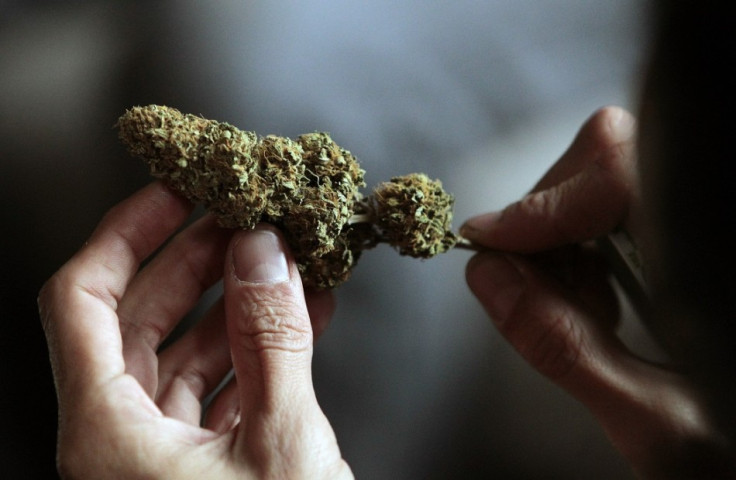Cannabis 'Damages Teenagers' Brains,' Believe Top Scientists

The perception that cannabis is a 'safe' drug is incorrect, as scientific data shows it causes damage to adolescent users brains, increasing the risk of addictive behaviours.
Researchers at the University of Montreal and New York's Icahn School of Medicine at Mount Sinai say the nature of the teenage brain makes young people particularly at risk from long-term negative effects associated with cannabis use.
Authors Didier Jutras-Aswad and Yasmin Hurd said: "Of the illicit drugs, cannabis is most used by teenagers since it is perceived by many to be of little harm. This perception has led to a growing number of states approving its legalisation and increased accessibility.
"Most of the debates and ensuing policies regarding cannabis were done without consideration of its impact on one of the most vulnerable population, namely teens, or without consideration of scientific data."
They said that although more comprehensive studies are needed to examine the effect of cannabis on the adolescent brain, evidence shows the drug has a direct influence on addictive behaviours, especially certain groups of vulnerable individuals.
The team reviewed more than 120 studies about the relationship between cannabis and adolescent brains.
"Data from epidemiological studies have repeatedly shown an association between cannabis use and subsequent addiction to heavy drugs and psychosis (i.e. schizophrenia)," Jutras-Aswad said.
"Interestingly, the risk to develop such disorders after cannabis exposure is not the same for all individuals and is correlated with genetic factors, the intensity of cannabis use and the age at which it occurs.

"When the first exposure occurs in younger versus older adolescents, the impact of cannabis seems to be worse in regard to many outcomes such as mental health, education attainment, delinquency and ability to conform to adult role."
Rat models show the chemical reactions that take place in the brain when cannabis is introduced. Cannabis interacts with chemical receptors responsible for learning and management of rewards, motivated behaviour, habit formation and decision making.
Adolescent brains are not yet fully developed structurally, so scientists believe cannabis influences how the user's personality develops.
Jutras-Aswad said: "It is now clear from the scientific data that cannabis is not harmless to the adolescent brain, specifically those who are most vulnerable from a genetic or psychological standpoint.
"Identifying these vulnerable adolescents, including through genetic or psychological screening, may be critical for prevention and early intervention of addiction and psychiatric disorders related to cannabis use.
"The objective is not to fuel the debate about whether cannabis is good or bad, but instead to identify those individuals who might most suffer from its deleterious effects and provide adequate measures to prevent this risk."
© Copyright IBTimes 2025. All rights reserved.




















